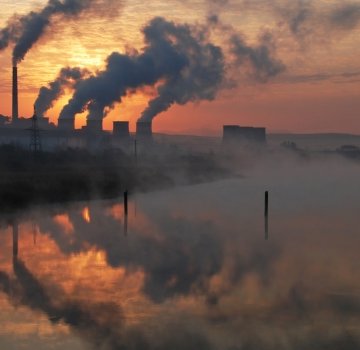- About
- Topics
- Picks
- Audio
- Story
- In-Depth
- Opinion
- News
- Donate
- Signup for our newsletterOur Editors' Best Picks.Send
Read, Debate: Engage.
| located: | Kenya, South Africa, Senegal |
|---|---|
| editor: | Bob Koigi |
In a historic and elaborate campaign, African citizens and communities from 20 countries have ignited a movement that seeks to pressure governments to break away from fossil fuels and embrace renewable energy for all as in a demand for climate action and justice.
The campaign is already tackling large-scale projects, including the first coal power plant in Senegal, coal mining in Abuja Nigeria and a halt to fossil fuel activities in the Kenyan coastal town of Lamu. It is determined to show that some of the most drastic phenomena currently experienced across the continent – such as flooding or unprecedented water shortages in prime cities like Cape Town – are a direct result of the over reliance on such fuels. The time is ripe to deCOALonise Africa, the architects say.
While governments across the continent have developed an unusual penchant for fossil fuels and coal especially, this new push provides food for thought on the numerous energy resources Africa is endowed with, including sun and wind, which can easily and cheaply be tapped into. The continent for example enjoys 51 percent of the earth’s most concentrated sunlight and has some of the fiercest winds the world over. But the energy needs of the continent continue to grow, occasioned by a ballooning population that is growing faster than any other continent. There are currently approximately 591 million Africans without access to energy. This has a rippling effect across various economic and social sectors.
Overcoming this energy poverty, while ensuring the continent embraces clean, sustainable alternatives that protect the interests of all is a tough balancing act. Beyond dialogue, protests against multinationals and governments and picketing, Africa must have an honest and open conversation about fossil fuels versus renewable energy and what each portends moving forward. That answer can only come from Africa.
